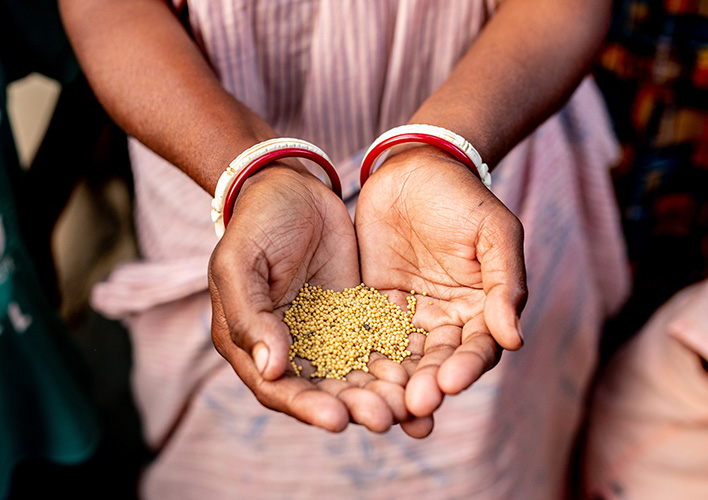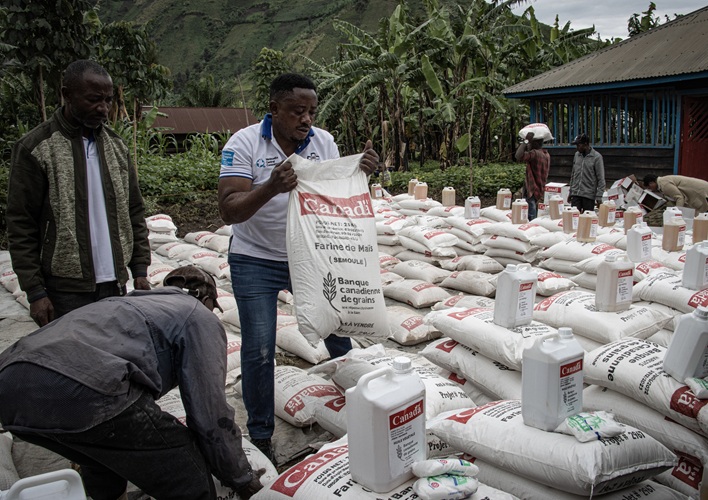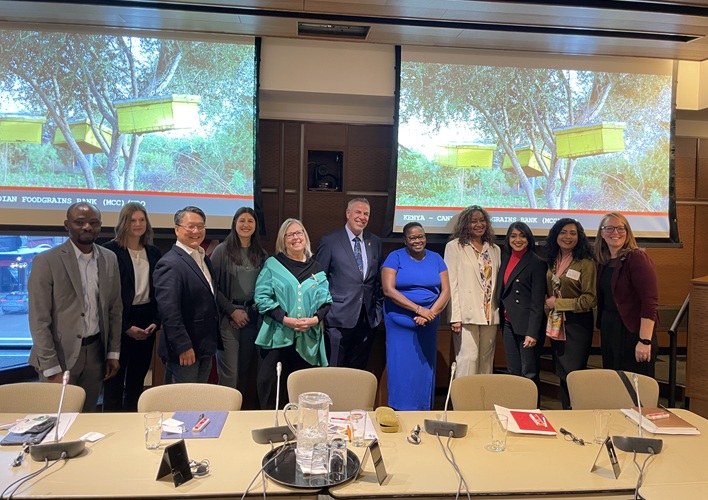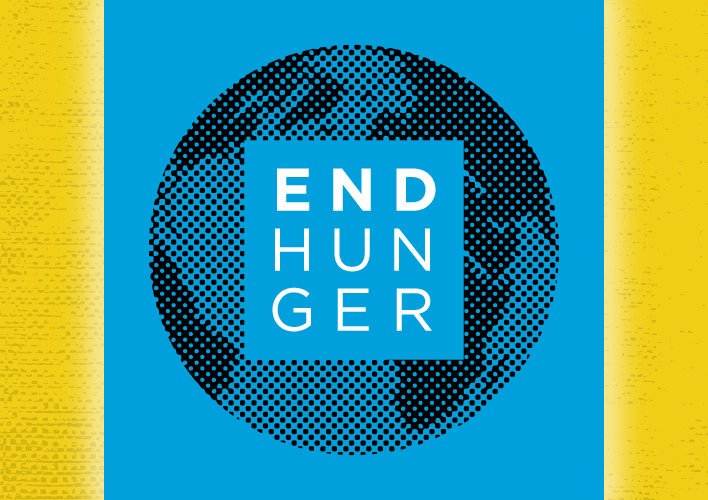Globally, NGOs are sounding the alarm as the world is moving rapidly towards some of the most catastrophic food crises in the 21st century.
As Canadian Foodgrains Bank, we are also raising our voice at this extremely urgent hour.
The 2021 Global Report on Food Crises, which focuses on acute hunger, was released May 4, 2022 and highlights many sobering facts:
- In 2021, 193 million people in 53 countries are acutely food insecure and in need of urgent assistance across (up from 40 million in 2020).
- 40 million people in 36 countries are facing emergency famine conditions.
- Over half a million people will likely face a catastrophic famine – starvation and death – in Yemen, Madagascar, Ethiopia, South Sudan and Somalia.
Executive director Andy Harrington says the Foodgrains Bank’s members are working with partners in many of these countries, and that he is gravely concerned about the situation.
Harrington recently travelled to Turkana County in Kenya, where 70 percent of the population is at risk of severe hunger due to a multi-year drought. Yet, he believes there is hope in the midst of this situation.
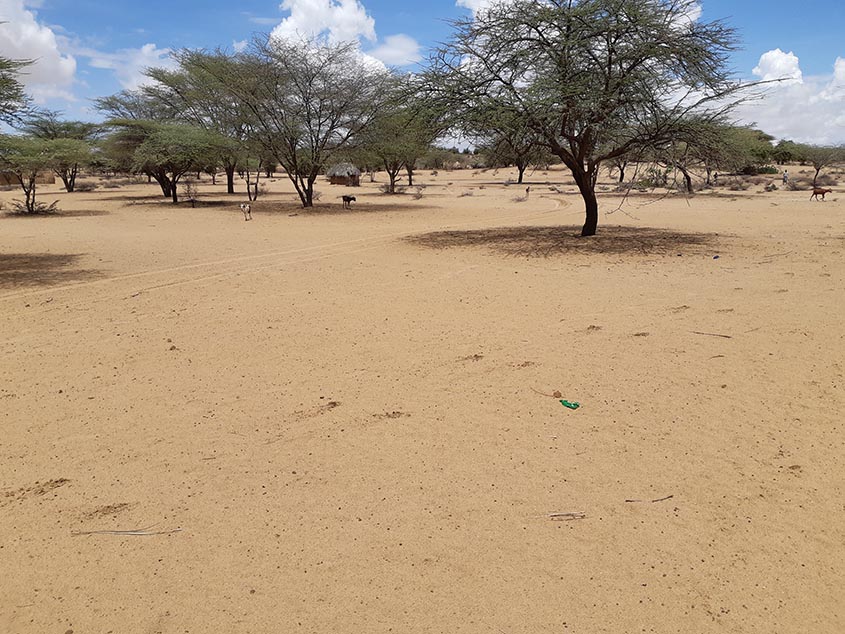
Turkana County in Kenya, where most of the population is at risk of severe hunger due to a multi-year drought.
“These numbers sound impossible, but what we know is that action can make a difference,” says Harrington. “Despite the severe problems they are facing, people in Turkana told me how they’ve been able to feed their families as a result of participating in kitchen gardens, and even growing enough produce to sell at markets.”
Many Canadians may wonder why the number of people facing hunger is increasing at such an alarming rate. Harrington emphasizes there is enough food in the world to feed every person. “What we are dealing with is an issue of access,” he said. “Conflict and closed borders mean that food supply chains break down and people suffer and sometimes have to flee, especially those who are already in vulnerable situations.”
With catastrophic climate emergencies becoming ever more frequent such as prolonged drought or massive flooding, small-scale food producers are struggling to grow enough.
“And as food prices are skyrocketing, people who didn’t have enough money to buy food before, are accessing even less now,” Harrington adds. “It’s a cascading crisis that will only get worse if we don’t act, but these issues are ones that the world can address if we all work together.”
Help our members and their partners provide support to the many millions of people currently facing the threat of famine.
